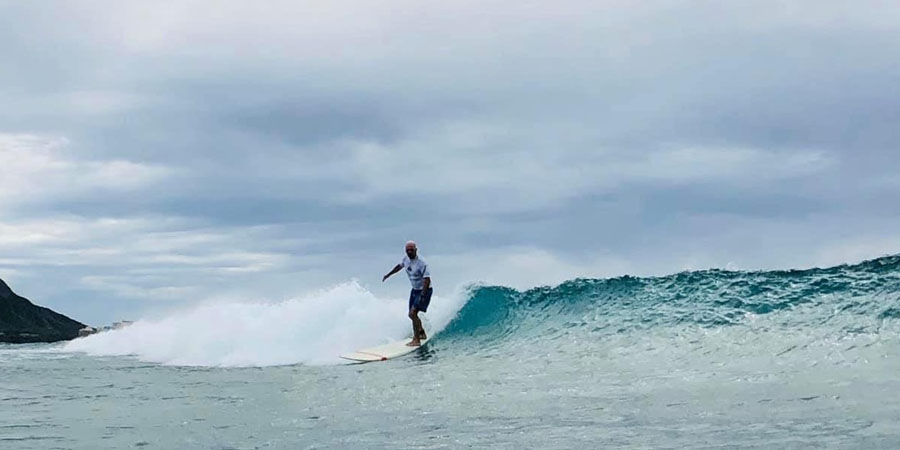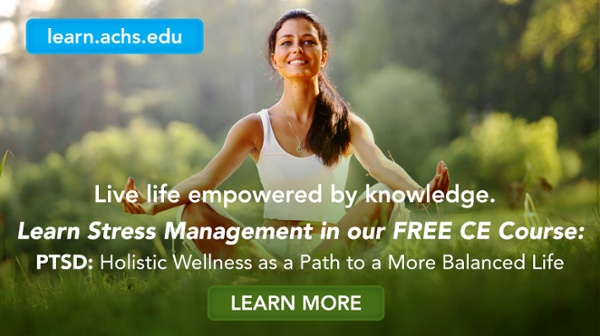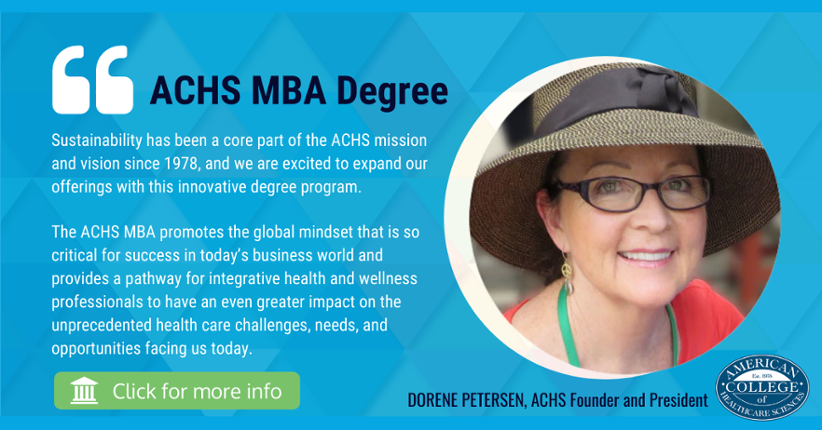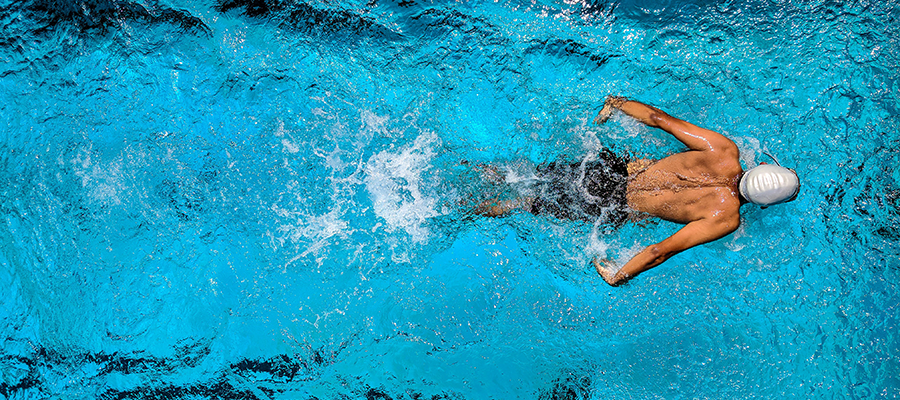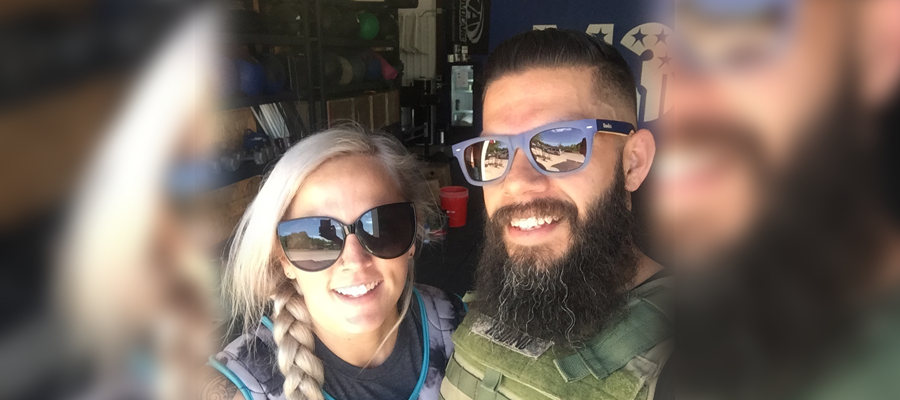“Even the upper end of the river believes in the ocean”
-William Stafford
I spend a lot of my time, as much time as I can actually, in and on the water. I grew up on the coast of North Carolina surfing and swimming year-round in the Atlantic Ocean. Saltwater runs in my veins, as the adage goes.
The ocean has always been my preferred space of repose. Even here in the not-so-balmy Pacific Northwest, I surf and paddleboard as much as I can. It’s not surprising that my research and writing (both academic and creative) is situated on how water feeds and heals the soul.
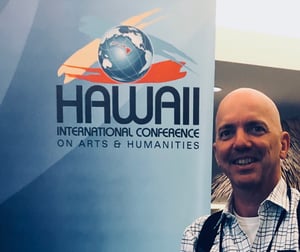 Most recently, I attended and presented at the Hawaii International Conference on Arts & Humanities that took place on January 9th-11th 2020 in Honolulu, Hawaii. I was invited for an opening day hour-long single presenter session where I shared research and writing in an address titled Health, Humanities, and the Sea: Reflective Writing About “Blue Mind”. This presentation profiled a reflective writing component that I’ve used within both a traditional humanities and health humanities curriculum.
Most recently, I attended and presented at the Hawaii International Conference on Arts & Humanities that took place on January 9th-11th 2020 in Honolulu, Hawaii. I was invited for an opening day hour-long single presenter session where I shared research and writing in an address titled Health, Humanities, and the Sea: Reflective Writing About “Blue Mind”. This presentation profiled a reflective writing component that I’ve used within both a traditional humanities and health humanities curriculum.
Blue Mind: Our Holistic Connection to Water
For this writing component, students read one of my favorite books, Blue Mind: The Surprising Science That Shows How Being near, in, on, or under Water Can Make You Happier, Healthier, More Connected, and Better at What You Do by Wallace J. Nichols. For this course component, students engaged the use of reflective writing, creative writing, and expression of visual memory informed by health-related and “soulful” experiences with water, be it oceans, rivers, lakes, or even a pool. Specifically, students explored their experiences with “Blue Mind”. Blue Mind is A term coined by Wallace J Nichols to describe the profound connection between humans and water. These connections include emotional, scientific, biological, neurological, social and environmental connections that drive environmental conscientiousness, water-mindfulness, creativity, healing, stress reduction and describe powerful moments of awe and wonder that humans experience near, in, on or under the water.
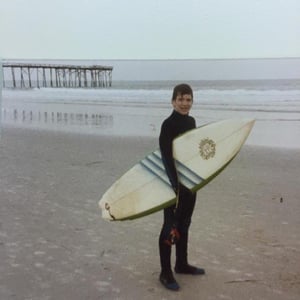
Water as a Conduit for Healing
While foregrounding the ocean, Nichols models the sort of pondering students would grapple with when he writes: “I wondered whether water is a mirror for our darker emotions as much as it is an engine for our happiness. Water quiets all the noise, all the distractions, and connects you to your own thoughts” (pg. 267). Reading Nichols’ work, I pretty much immediately began to outline how a course in the health humanities can facilitate reflection and memory, and mediate students’ lived experiences. What I found in the teaching of these themed courses ran the gamut when it came to the processing and sharing of student experiences.
Students shared an array of ruminations that addressed a variety of foci, from the artistic to the therapeutic. A lot of students interrogated Nichols’ concept of “Red Mind” which exists in contract to Blue Mind. Nichols details a definition of Red Mind offered by neuroscientist Catherine Franssen, PhD, where she describes Red Mind as an “edgy high, characterized by stress, anxiety, fear, and maybe even a little bit of anger and despair.” Red Mind is not always bad. Accessed constructively, Red Mind can help us learn to evaluate and reduce stressors in our lives. However, a sustained state of Red Mind is unhealthy. The American Medical Association has noted that stress is the basic cause of more than 60 percent of all human illness and disease (citation). Students astutely picked up on this with many of them (especially the nursing students and pre-med students) exploring the implications of Red Mind for short-term motivation and then long-term detriment (e.g., burnout, lack of resiliency, etc.). That’s a quick summation of the context and takeaways of my presentation.
At the end of my conference presentation, I also shared specific student writing as well as key takeaways from students’ explorations in the course. After the presentation, there was a lively discussion of how this inquiry could apply to areas across disciplines in areas of sustainability, pedagogy, creative writing, and aesthetics in health-related literature. Audience members included three doctors who were interested in how reflective journaling and mindfulness rumination around water could help their institutional resiliency efforts. An artist in the audience shared some of her experiences building blue spaces that encouraged calm and serenity. Several attendees had heard of Nichols' work and were interested in his advocacy for float therapy to re-center and reduce stress. I was enthused (but not surprised) by the audience’s zeal for wide-ranging applications of Blue Mind, further stoking and affirming the power of water’s importance for one’s soul and happiness.
Want to learn more stress management techniques? Check out our blogs:
Stress Support Strategies for Relaxation
Aromatherapy and Meditation for Stress Release
How does your connection with water empower, heal and enlighten you? Comment below!
References:
Nichols, Wallace J. Blue Mind : The Surprising Science That Shows How Being near, in, on, or under Water Can Make You Happier, Healthier, More Connected, and Better at What You Do. First ed., Little, Brown and Company, 2014.
https://www.apa.org/news/press/releases/stress/2011/final-2011.pdf
About American College of Healthcare Sciences
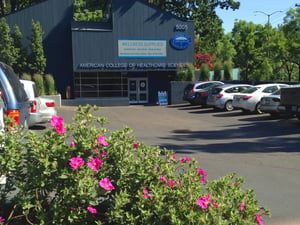 Founded in 1978, ACHS.edu is a Portland, Ore.-based, accredited college offering online, on-campus, and study abroad integrative health education. With undergraduate and graduate degrees, diplomas, certificates, and continuing education units in integrative health, ACHS makes holistic health and wellness education accessible to a diverse community, including healthcare professionals, military students, stay-at-home parents, and lifelong learners. Specializations include aromatherapy, herbal medicine, holistic nutrition, wellness coaching, and integrative health modalities. ACHS is a Certified B Corporation® and was named three of 100 Best Green Workplaces in Oregon 2019 by Oregon Business magazine. ACHS is also accredited by the Distance Education Accrediting Commission (DEAC), which is recognized by the U.S. Department of Education and by the Council for Higher Education Accreditation (CHEA). In response to our commitment to service members, veterans and military spouses, ACHS has been designated as one of the top 15% of military-friendly institutions in the U.S. for nine years in a row. For more information visit achs.edu.
Founded in 1978, ACHS.edu is a Portland, Ore.-based, accredited college offering online, on-campus, and study abroad integrative health education. With undergraduate and graduate degrees, diplomas, certificates, and continuing education units in integrative health, ACHS makes holistic health and wellness education accessible to a diverse community, including healthcare professionals, military students, stay-at-home parents, and lifelong learners. Specializations include aromatherapy, herbal medicine, holistic nutrition, wellness coaching, and integrative health modalities. ACHS is a Certified B Corporation® and was named three of 100 Best Green Workplaces in Oregon 2019 by Oregon Business magazine. ACHS is also accredited by the Distance Education Accrediting Commission (DEAC), which is recognized by the U.S. Department of Education and by the Council for Higher Education Accreditation (CHEA). In response to our commitment to service members, veterans and military spouses, ACHS has been designated as one of the top 15% of military-friendly institutions in the U.S. for nine years in a row. For more information visit achs.edu.
This article is for informational purposes only. It is not intended to treat, diagnose, cure, or prevent disease. This article has not been reviewed by the FDA. Always consult with your primary care physician or naturopathic doctor before making any significant changes to your health and wellness routine.

